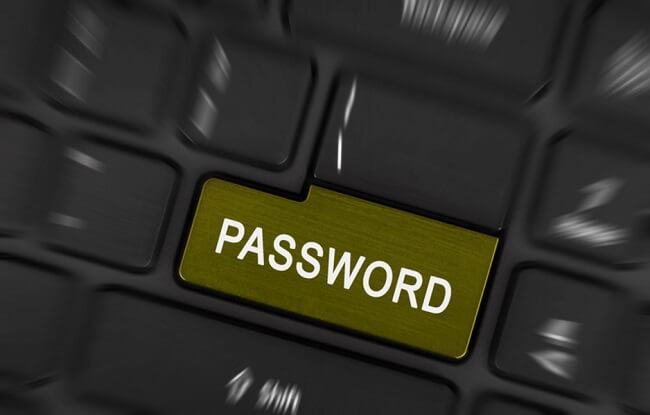The internet and connected devices have changed our lives and given us a near limitless amount of ways to access information, buy products and services and communicate with others. However, the digital world has also increased the risk of identity fraud and other forms of online security breaches, attacks and scams. You may be unaware that personal data is now being traded on the dark web for significant sums of money. Thieves can also use bank account and credit card numbers to steal money and open new accounts in your name. Everyone should take sufficient steps to protect their personal information. Here are a few best practices.
Protect your passwords
Passwords act as the key to sensitive data you save on various websites so it is vital that you take the time to optimize them to make it harder for hackers and attackers to access your accounts. A longer password is always recommended as it will be more difficult to crack, so try to use at least ten characters and a mix of capital letters, numbers and special characters. You should also be unpredictable in regard to your choice of passwords and how you use them across the web. Always steer clear of common words, birthdates and names, and use different passwords for different sites. Finally, keep passwords in a secure place if you need to write them down but don’t share them in emails, texts or over the phone.
Beware of phishing and scams
It is important to be vigilant about emails or any other forms of correspondence asking for passwords or other personal information because a legitimate enterprise or third party would never do that. Cyber criminals attempt to procure information and details via such methods. Take a safety-first approach to any links you see in emails or online advertising as your personal data could be compromised if you click through or sign up. Just remember to mark it as spam or delete it entirely if you have any suspicions. Completing a quick Google search query with the company or product name will also help you to determine whether you could be scammed. You should also be aware of advance fee fraud types and lottery scams, and how to avoid them.
Check for secure websites and apps
While the specter of cybersecurity attacks continues to grow due to the digitization of today’s society, at some point you will have to give out your personal information when shopping or banking online. To ensure this data is protected, only use safe, secure and encrypted websites and mobile apps. You can easily spot an encrypted site by looking for the HTTPS acronym in the URL of a website in your browser. However, some sites only use encryption when signing in, which could leave you vulnerable, so make sure you see a small lock symbol or HTTPS on every page. When using these secure online hubs, leverage some of the advanced authentication tools available such as two-step verification and strong passwords to protect your information.
Read the small print
Many people often skip reading privacy policies for websites and apps in their entirety but the mass of information you face when signing up or installing a program contains specific details about how your data will be handled. While reading everything is not entirely necessary, you should scan through the text to see whether the third party will share personal and non-personal information and the choices you have. You may also be able to “opt out” of certain information sharing initiatives so you won’t be targeted with ads or emails.
Responsible social sharing
Social media acts as a treasure trove of information for a potential hacker so consider carefully the type of data and details you want to reveal about yourself and share with others on Facebook and other platforms. While a photo of a new expensive purchase may appear innocuous, it could be used by thieves in some form to bypass security verification questions you have set up. Identity theft is one of the most common fraud types so attempt to limit the amount personal information available online. A quick web search of you name should serve up this information.
Device management
It is very likely that you own more than one connected device. The average person now multi-tasks using a laptop, smartphone, tablet and games console. These devices store all of your important data so locking them down when they are not in use is vital. Make it a habit to implement touch ID on your cell phone or use strong pass codes. You should also factory reset any device before selling it as leaving information on it could compromise your personal data.







